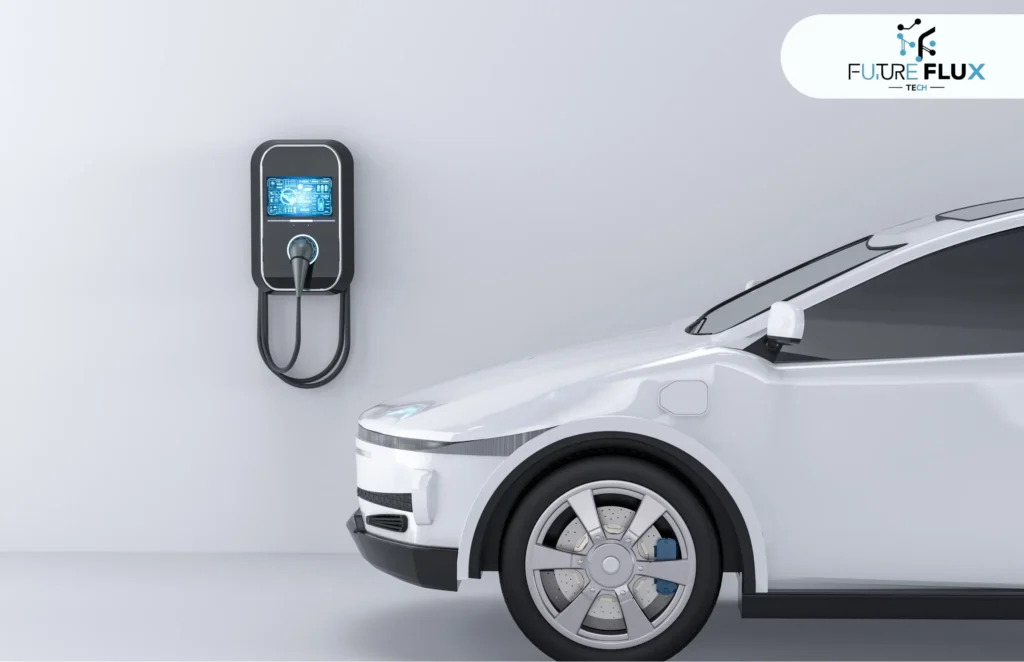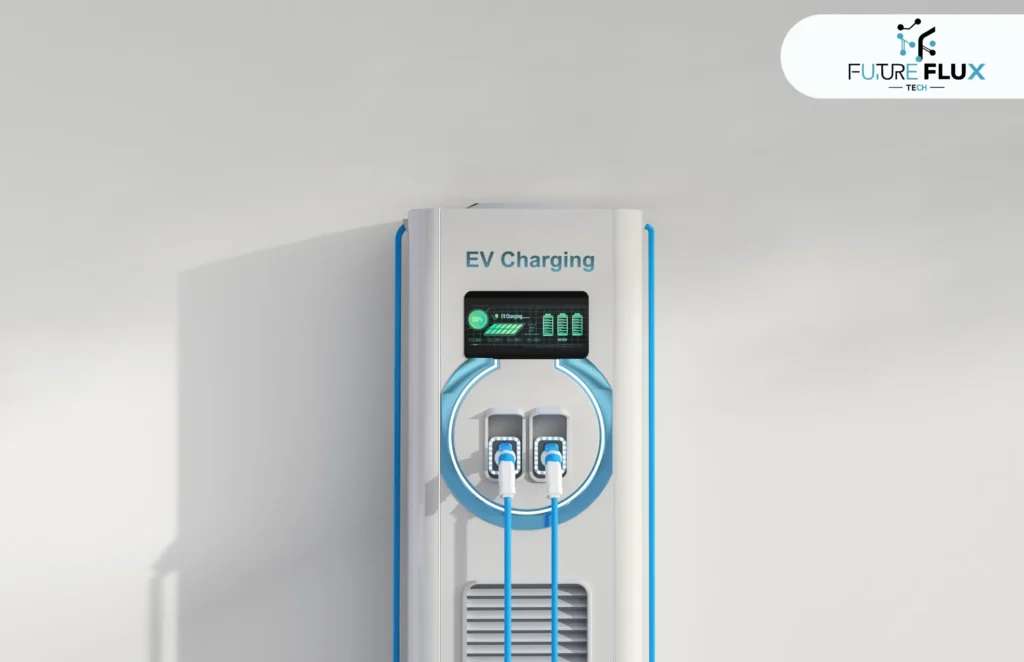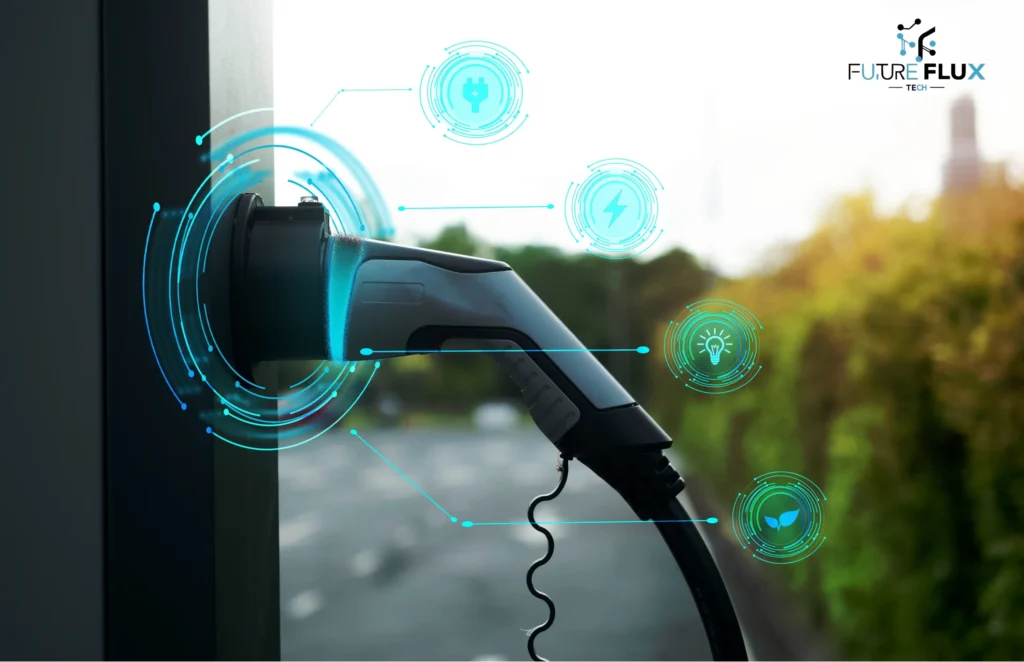With the rise of concern for sustainability and a greener environment among people, electric vehicles have also become popular. These cars do not require fuel gases to function. EVs transmit energy to the wheels through transmissions that function through batteries only. For these batteries to charge, most people utilize public charger stations. Some people also find comfort in installing a charging station at their home or work. However, a few common concerns may arise when it comes to charging electric vehicles. These may also include, “Are EV chargers universal?”. It is a valid question, and EV owners may be concerned about the charging type to find the suitable one for their EVs. In this blog, you will learn about EV charging, its types, and the basic things you should know if you are or are soon to be an EV owner.
Are EV Chargers Universal?

So, for the people who are wondering, “Are EV chargers universal?” the answer is somehow Yes. It is important to know that almost all electric vehicle chargers are typically universal. However, you should note that although many EVs utilize the same connectors for level 1 and level 2 charging, some electric vehicles use only DC fast charging.
Different Types of EV Chargers

Since the answer to “Are EV chargers universal?” is not a complete Yes, it is important to know the reasons as well as the alternatives. You may find different EV charging types available in the market. All these charging types have different power outputs, affecting the charging speed and providing different electric vehicle charging levels.
Type 1 Chargers
Type 1 chargers are the most common and basic form of EV charger. It also comes as standard equipment with all the vehicles. The Type 1 EV charger plugs into a standard 120V household outlet. It generally plugs into an adapter and offers up to 2 to 5 miles of range per hour of charge. These chargers differ in size, shape, and functionality. However, they perform the main function of charging your EV battery in a pinch. All EVs are compatible with type 1 chargers since they are default chargers. Hence, you can also consider them as universal EV chargers. Such types of chargers use AC EV charging plugs, which are also commonly known as three pins.
Type 2 Chargers
Type 2 chargers are one level higher than level 1 chargers. These chargers require a 240V electrical source. They provide a charging rate between 10 to 60 miles of range per hour. It also depends on the size of the battery and the capacity of the charger. The Type 2 EV charger often comes with a tethered cord or cable. These chargers can also be wall-mounted. All EV models can use type 2 chargers as long as they have a suitable charging port for the charger.
A type 2 CSS charging plug is an improved version of the type 2 plug. These feature five pins plus two more power contacts, which enable fast charging of your electric vehicle.
DC Fast Chargers
DC fast charging or type 3 charging is the fastest charging option for EVs. They can provide up to 90 miles of range per hour in only 30 minutes of charging. They are known as DC charging because they use a direct current (DC) power source. Because of their power source, they become more efficient than AC charging. Not all EVs are compatible with type 3 chargers. It is so because these chargers require a particular charging port. However, if you have the most modern electric vehicle like the Tesla Model S and X, it comes with a DC fast charging port option.
Advantages of Using EV Chargers
EV charging system provides some benefits, and it cannot be overstated. The demand for these chargers in homes, workplaces, and public locations has become more important as the use of electric cars increases.
EV chargers offer convenient charging solutions to EV owners. Electric car owners do not need to look for gas stations every once in a while.
Electric vehicles have replaced traditional fuel vehicles and minimized exhaust emissions. EV chargers utilize renewable energy for charging and reduce the carbon footprint.
The installation and development of EV charging piles support the production of a sustainable transportation system.
EV Charging Compatibility

Compatibility issues come up when EV owners try using a station that is not compatible with the charging port of their vehicle. It can happen if an electric vehicle has only a particular charging port type and the charging station supports different charging port types. Therefore, it is crucial to ensure your EV charging compatibility to prevent any damage that can occur in your charging port, battery, or even both. That is why we mentioned earlier that it is a good concern to know, “Are EV chargers universal?”. It will help you to understand and maintain your vehicle’s performance.
You can contact your electric vehicle’s manufacturers to check your car’s compatibility. Typically, every EV model has a specific charging port protocol and type. You can then know which charging stations are compatible with your electric vehicle, knowing their charging port type and protocol.
Boost your knowledge and explore more about electric vehicles and everything about them. For more questions like, “Are EV chargers universal?”, visit our blog website.
Conclusion
If you have an electric vehicle, you also need to know the adequate charging infrastructure. It becomes critical to have access to a reliable charging infrastructure. Furthermore, for the best performance of your EV, you should also consider factors that may affect its compatibility and regular updates as well.
I’m Waqas, an electric vehicle enthusiast and tech writer with over 6 years of experience covering the EV industry. I write in-depth articles, comparisons, and reviews to help readers understand the fast-evolving world of electric mobility. From battery technology to EV launches and charging trends, I aim to make complex EV topics simple, engaging, and informative for everyday drivers and curious readers alike.






One Response